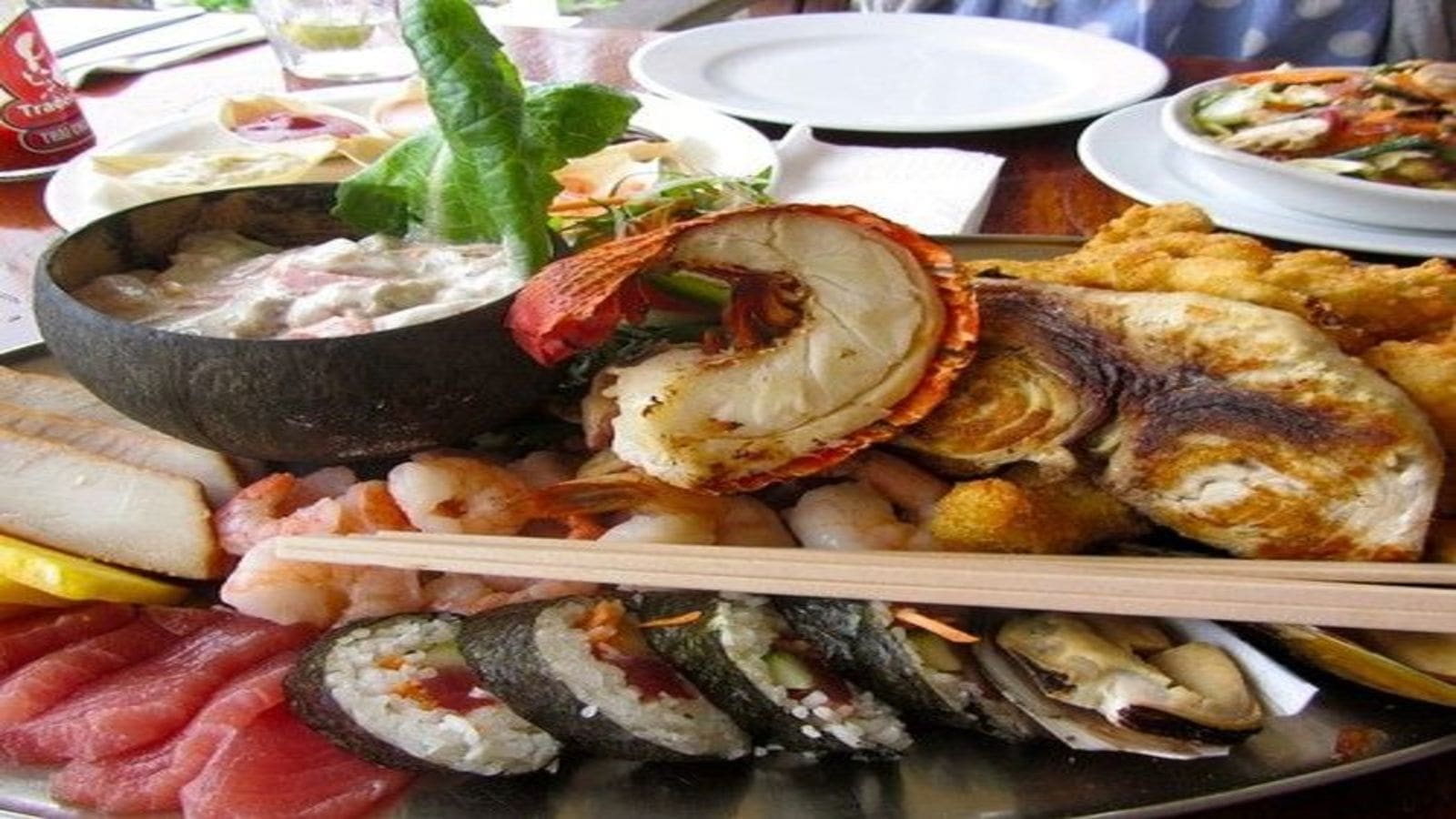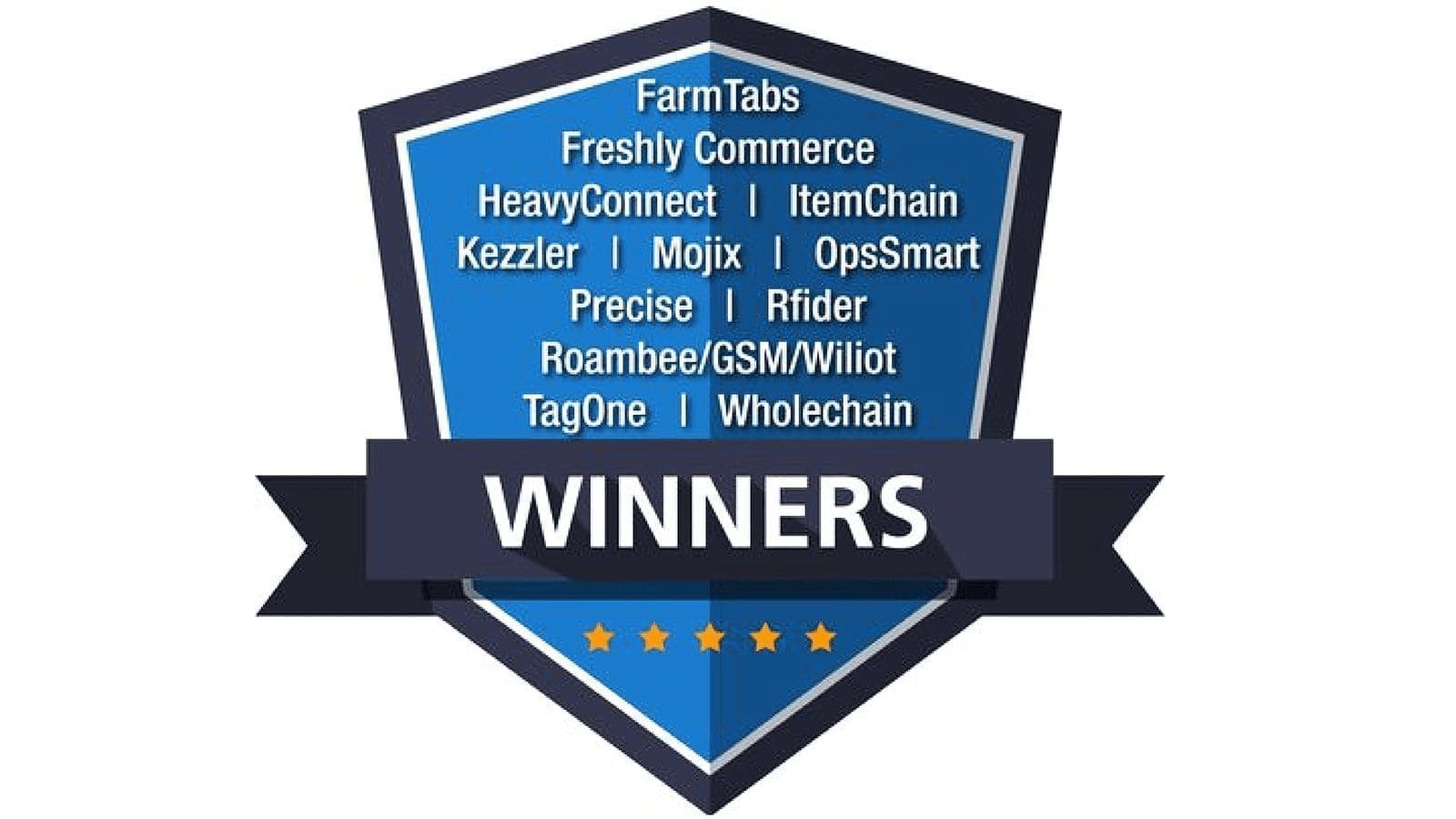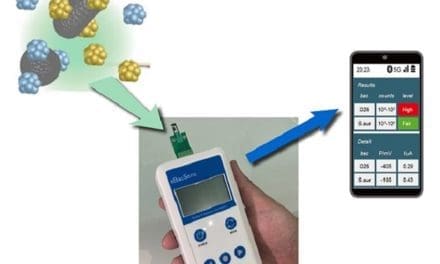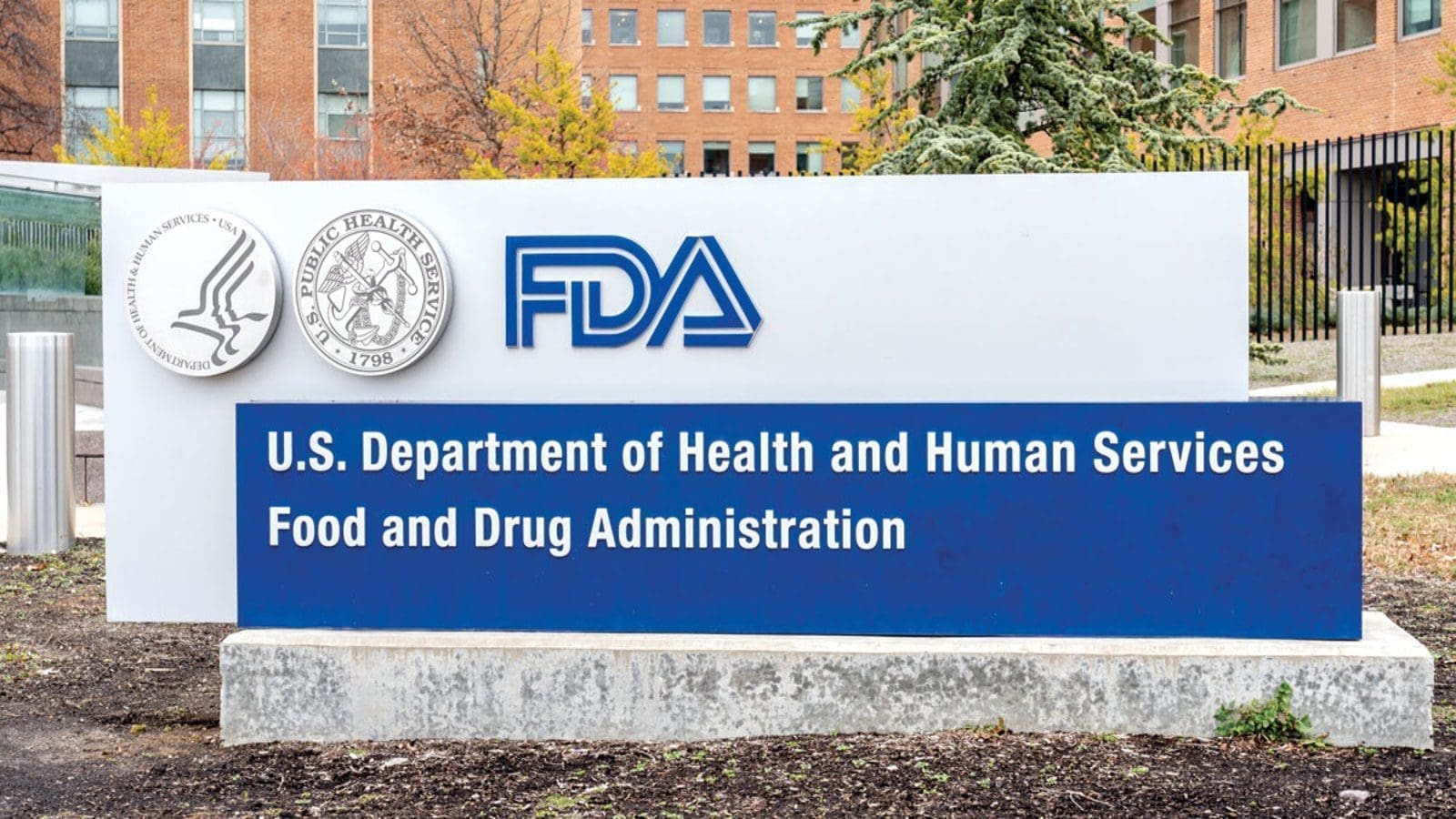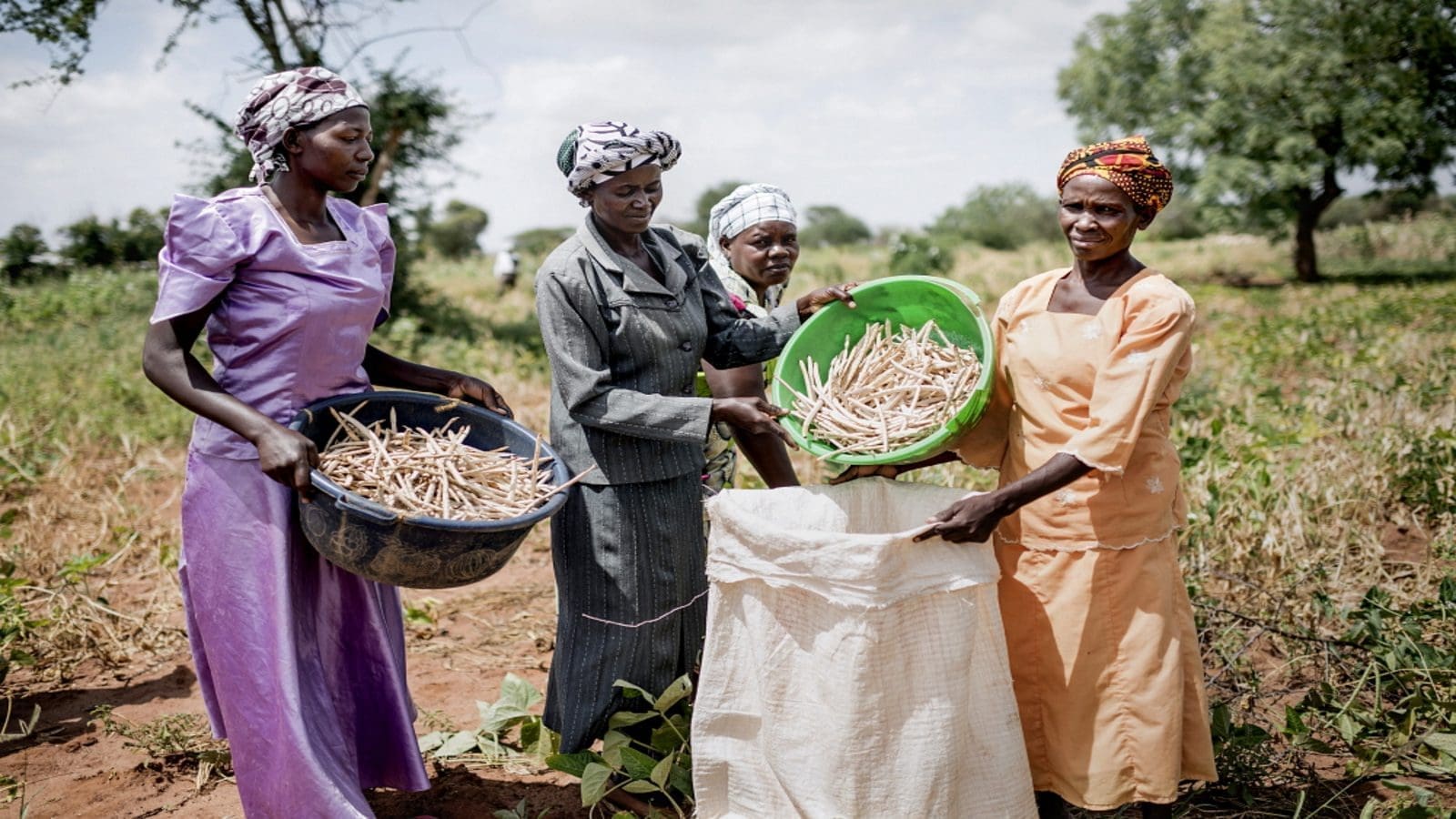PACIFIC ISLAND COUNTRIES – The Food and Agricultural Organization (FAO), is currently employing interventions in the Pacific Islands to back the formulation of food control legislation (Fiji); deliver training laboratory services and improve food safety, hygiene and biosecurity in fresh markets and enhance capacities for participation in Codex standard-setting.
Many Small Island Developing States (SIDS) treasure their traditions and uphold the ways of hunting, fishing and gathering food they learned from previous generations, as many islands are rich in tree fruits and wild marine fish.
As such, systematic farming agriculture was not practiced until some decades ago, making the SIDS to chiefly rely on imported food products hence prone to food-nutrition insecurity situations.
Most Pacific Island countries import the majority of their food items from Australia and New Zealand which are a long distance away. Many of those island countries have multiple outer islands within the country, therefore transporting the imported food items from the main island to the other smaller islands poses a significant logistical challenge. By the time the products arrive to the island, the quality has deteriorated and the indicated expiration date on the label has passed.
Several Pacific Island countries have voiced the pressing need to be equipped with their own food control capacities. Often times, the food safety aspects of their food control rely on the established framework of exporting countries.
The Codex Alimentarius Commission in 2020 approved the first-ever regional food standard for kava products, for use as a beverage when mixed with water, developed by the FAO/WHO Coordinating Committee for North America and the South West Pacific (CCNASWP).
The Island countries have previously benefitted from the cutting-edge and well-functioning national food control systems of such countries. Nevertheless, the trend in international food trade patterns is rapidly changing and they are now more apt to accept food items from other countries in Asia, North and South America, for example. While this open trade is welcomed, it raises the concern on the effectiveness of their own national food control systems as well as their imported food control measures.
From 2017 to 2020, the Cook Islands, a nation in the South Pacific, with political links to New Zealand, participated in an FAO project to pilot national food safety indicators. During the project, the country identified a few fundamental food safety challenges which included the limited capacity of the food safety competent authority (Ministry of Health), the limited framework to secure the safety of drinking water.
It also noted the significant challenge in coordinating the food safety work with multiple partner agencies, different islands, communities and sectors; the low level of public awareness on the importance of food safety and the need to install effective food inspection schemes.
The issue concerning outer islands was also highlighted during the project, as their small communities are often excluded from the implementable regulatory frameworks, just because of the physical distance from the main island. Developing a set of feasible and measurable national food safety indicators has been found effective to bring all the local communities and islands together to discuss the holistic steps to improve the food safety situations in the country as a whole.
In 2020, the Solomon Islands and the Cook Islands participated in FAO’s regional food safety conference for Asia and the Pacific and each sent a high-level official’s video statement to the conference. The policy makers from both countries have shared the island-based issues on food safety which are quite common among different SIDS. The conference concluded with a recommendation for the Pacific Island countries to take a regional approach so that they can work together to learn from each other.
A more digital and traceable future for food safety is being shaped by technologies such as blockchain and the latest methodologies of genome sequencing. At the same time, new threats to food safety are emerging due to climate and environmental change rendering the need for constant monitoring and surveillance across food chains. These threats also reinforce the importance of leveraging digital technologies as well as local solutions and implement Codes of Practices, particularly those of Codex, across supply chains.
SIDS Solutions Forum
To that end, on 30-31 August 2021, FAO is hosting a SIDS Solutions Forum to enhance the exchange of information and facilitate development. The agenda includes items on Innovations and digitalization at work in the agriculture, food, and nutrition sectors; Knowledge exchange and South-South Triangular Co-operation (SSTC); and Scaling up SIDS solutions through partnerships and investments.
In attendance will be Heads of Governments, UN agencies, farmer organization representatives, NGOs, civil society and others to discuss ways to accelerate achieving the agriculture, food and nutrition-related Sustainable Development Goals (SDGs) in SIDS.
As a tool to stimulate real and positive change, in 2021, FAO is launching a platform as a venue to post and share the many solutions and innovations that are either homegrown or generated from similar situations elsewhere, that have potential to be scaled up.


